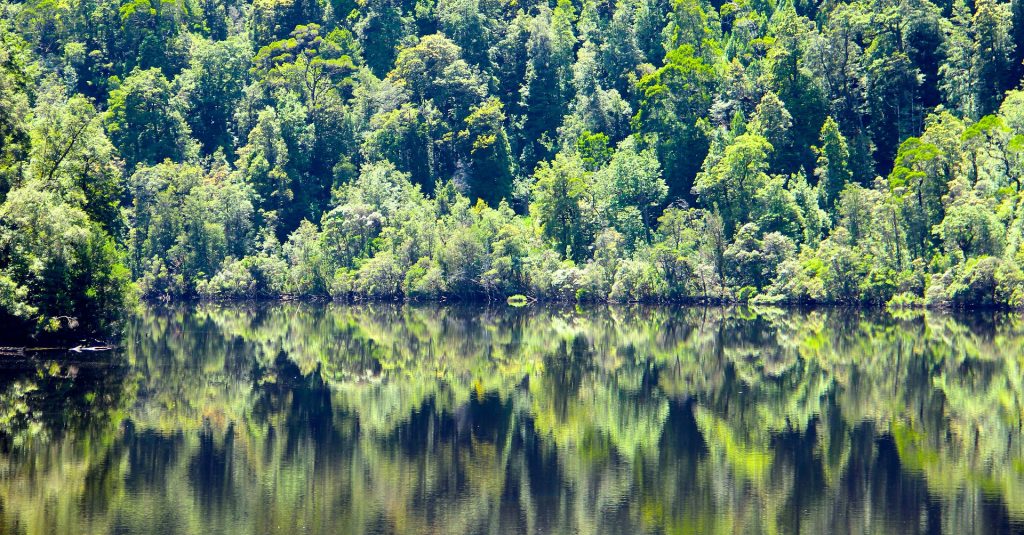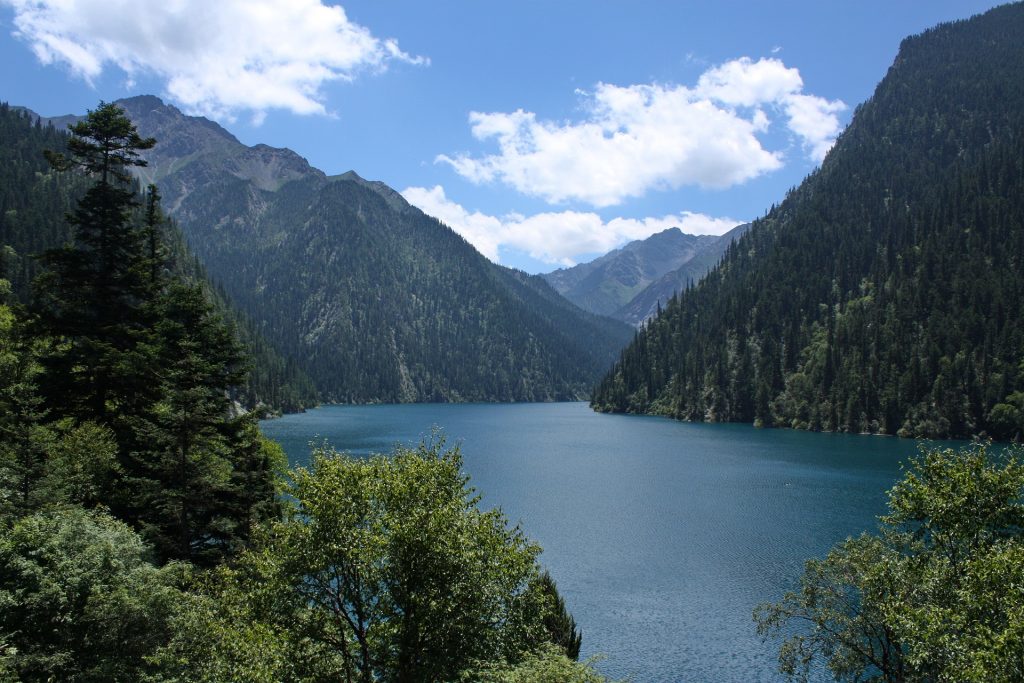Forests and Water
Science-Policy-Practice Interface for Managing Forest and Water Interactions under a Changing Environment

Water is fundamental to life on earth. What may not be quite so obvious is that forests are equally vital resources for life on the planet.
And the two – water and forests – are inseparable in the pursuit of a sustainable and sustainably developed world. Therefore, forests and water resources have been identified as essential elements in adaptation to climate change.
The IUFRO-sponsored Forests and Water science-policy forum at the IUFRO World Day provided a platform for scientists, forest managers and decision-makers from the Asia-Oceania region to share insights and experiences about forest and water interactions from different perspectives.
Among the significant challenges discussed by the forum panelists were the increasing competition for water resources, the positive and negative impacts of carbon sequestration due to large scale afforestation and reforestation, climate change-related shifts in rainfall patterns and capacity building requirements among civil groups at various levels to ensure competent engagement in forest and water management.
To address the challenges of competition for water, a range of technical, social and political actions have been suggested – technical advancements such as GIS, remote sensing and climate modelling to better understand the full hydrological cycle, targeted reforestation, better integration of planted forests in the wider landscape, good community engagement and tighter regulatory environments.

Integrated watershed management was also advocated as a way to deal with the impact of changes in rainfall due to climate change. This varies across the region; in some areas such as Japan there have been record-breaking heavy rains, while in others there have been droughts.
Forests play a crucial role in supplying clean water, help prevent environmental hazards such as soil erosion and flooding as well as ensuring many other ecological functions. Any forest changes – and their interactions with climate – can significantly affect water resources and water-related ecological functions and services.
Therefore, managing forests for water provision is an important priority in various international initiatives (Bonn Challenge, UN SDGs etc.). In addition, there is an active agenda to use reforestation for landscape restoration and to mitigate rising atmospheric carbon dioxide content.
The forum panelists also underlined that communicating and sharing technical advances and policies must be strengthened to ensure that research on forest and water interactions in a changing environment is appropriately addressed.
The opening address for the forum was delivered by IUFRO Vice President Liu Shirong of the Chinese Academy of Forestry.
Keynote presentations were given by Meine van Noordwijk, World Agroforestry Centre (ICRAF), Nairobi, Kenya; and by Richard Harper of Murdoch University, Perth, Australia. Richard Harper is also Deputy Coordinator of IUFRO’s Task Force on Forests and Water Interactions in a Changing Environment.
The panel discussion featured:
Brenda Baillie, Northland Regional Council, New Zealand;
Mingfang Zhang, University of Electronic Science and Technology of China;
Kyoichi Otsuki, Kyushu University, Japan;
Diomedes A. Racelis, University of the Philippines Los Baños, Philippines; and
Hyung Tae Choi, National Institute of Forest Science, Republic of Korea.
The online discussion was one of three science-policy forums organized for IUFRO World Day. (The other two – Forests and Fire and Forest-based Bioeconomy for All – will be covered in separate Spotlights.)
Link to the forums: Science & Policy | IUFRO World Day
Link to the recording: Forest-Water-Session
IUFRO World Day was a worldwide digital event that took place on September 28-29 in three time zones around the world. It comprised 24 hours of forest-related research topics, networking, and emerging issues of relevancy for global policy makers. The event was designed to showcase the diversity of the IUFRO network, including IUFRO’s scientific units and IUFRO’s member organizations, to facilitate networking, and to enhance communication and outreach.
The World Day comprised 79 live sessions from IUFRO Units and Members – including the three forums mentioned above – covering highly relevant topics for policy makers as well as three central IUFRO sessions, one in each time zone. Over 3000 participants from more than 100 countries registered for the event. IUFRO: IUFRO World Day – Digital Forest Science Forum 2021 / Events
View all IUFRO Spotlights at http://www.iufro.org/media/iufro-spotlights/

Leave a Reply